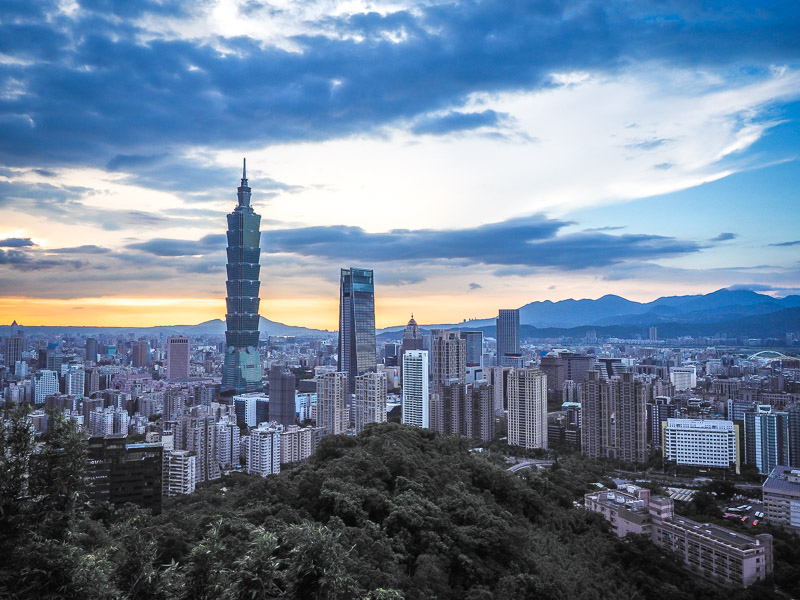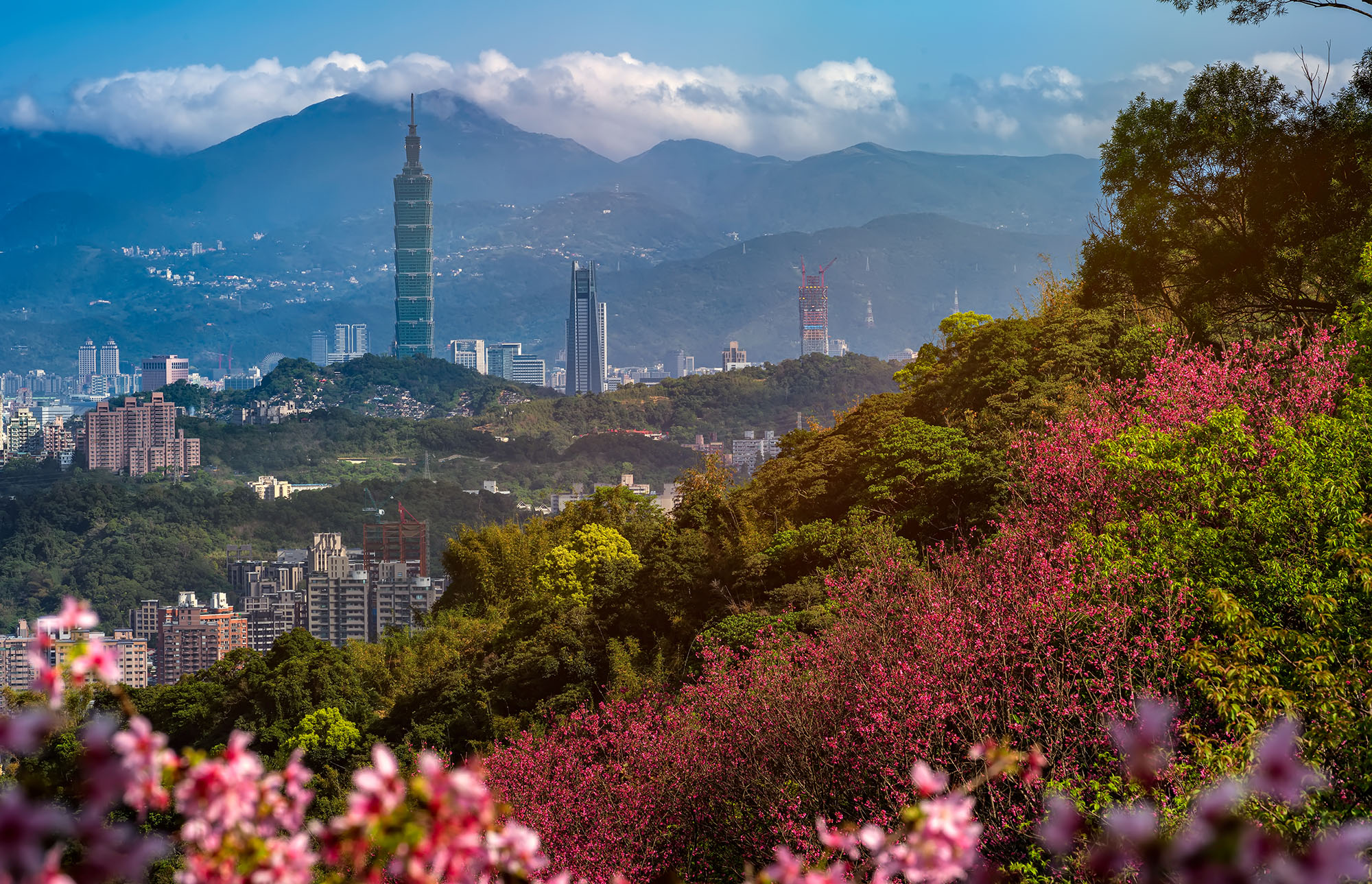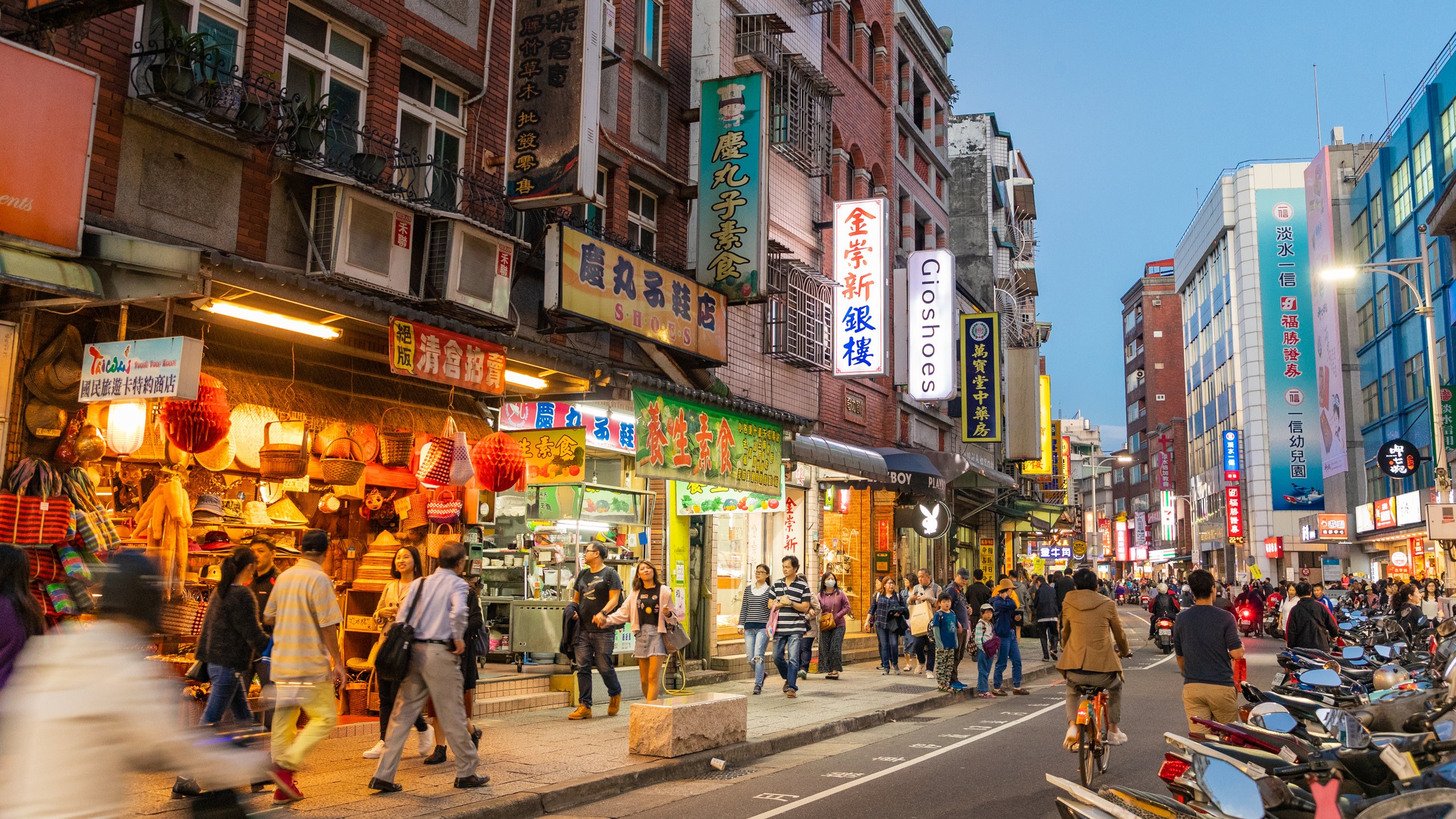Taiwan: A Jewel of the East
Introduction::max_bytes(150000):strip_icc()/Taiwan-58b9d0fb5f9b58af5ca84819.jpg)
Nestled in the heart of East Asia, Taiwan stands as a testament to resilience, innovation, and cultural richness. With its stunning natural landscapes, bustling cities, and dynamic society, Taiwan has emerged as a significant player on the global stage. This island nation, though small in size, boasts a rich history, vibrant culture, and a thriving economy that continues to captivate the world. In this essay, we will explore the multifaceted facets of Taiwan, from its historical background to its modern-day advancements, aiming to provide a comprehensive understanding of this jewel of the East.
Historical Background:
Taiwan's history is as diverse as its landscape, with influences from indigenous tribes, Chinese settlers, European colonizers, and Japanese rulers. The island was inhabited by Austronesian peoples for thousands of years before the arrival of Han Chinese settlers in the 17th century. Dutch and Spanish colonial powers briefly controlled parts of Taiwan in the 17th century before it fell under Qing Dynasty rule in the late 17th century.
During the late 19th century, Taiwan was ceded to Japan after the First Sino-Japanese War. Japanese colonial rule lasted until the end of World War II when Taiwan was handed back to China. However, the Chinese Civil War led to the retreat of the Kuomintang (KMT) government to Taiwan in 1949, establishing the Republic of China (ROC) on the island.
Modern Development and Economic Growth::max_bytes(150000):strip_icc()/aerial-view-of-cityscape-at-taipei-center-district--taiwan-861177234-5b7f14a446e0fb005087f1e3.jpg)
Despite political turmoil and diplomatic isolation, Taiwan underwent rapid economic development in the latter half of the 20th century, transforming itself from an agrarian society to a global economic powerhouse. The government's focus on export-oriented industrialization, coupled with investments in education and technology, paved the way for Taiwan's economic success.
The emergence of tech giants such as TSMC (Taiwan Semiconductor Manufacturing Company) and ASUS (Asustek Computer Inc.) solidified Taiwan's position as a leader in the global technology industry. Today, Taiwan is renowned for its semiconductor manufacturing, information technology, and electronics sectors, playing a crucial role in the global supply chain.
Cultural Diversity and Heritage:
Taiwan's cultural landscape is a melting pot of traditions, beliefs, and customs from various ethnic groups. Indigenous Taiwanese, Han Chinese, Hakka, and descendants of mainland Chinese immigrants all contribute to the island's cultural tapestry. Traditional Taiwanese arts such as puppetry, temple festivals, and indigenous ceremonies continue to thrive alongside modern cultural expressions.
Taiwanese cuisine is celebrated worldwide for its diverse flavors and influences. From the iconic street food stalls serving savory beef noodle soup and stinky tofu to high-end restaurants offering delicate seafood dishes, Taiwan's culinary scene reflects its rich cultural heritage and culinary innovation.
Environmental Conservation and Ecotourism:
Despite its rapid urbanization and industrialization, Taiwan remains committed to environmental conservation and sustainable development. The island is home to lush national parks, scenic mountain ranges, and pristine coastline, offering abundant opportunities for outdoor enthusiasts and eco-tourists.
Taroko National Park, with its dramatic marble cliffs and winding gorges, is a popular destination for hikers and nature lovers. Alishan National Scenic Area entices visitors with its towering forests, ancient tea plantations, and breathtaking sunrise views. Taiwan's offshore islands, such as Penghu and Green Island, offer secluded beaches, coral reefs, and diverse marine life, making them ideal spots for diving and snorkeling.
Political Challenges and International Relations:
Taiwan's political status remains a contentious issue in the international arena. Despite its de facto independence, Taiwan faces diplomatic isolation due to pressure from the People's Republic of China (PRC), which claims sovereignty over the island. The "One China" policy adhered to by most countries means that Taiwan's diplomatic recognition is limited, with only a handful of nations maintaining official ties with Taipei.
However, Taiwan has managed to navigate these challenges adeptly, fostering unofficial relations with numerous countries and participating actively in international organizations and forums. Its democratic system, respect for human rights, and commitment to global cooperation have earned Taiwan respect and support from the international community.
Taiwan's journey from a colonial outpost to a vibrant democracy and economic powerhouse is a testament to the resilience and ingenuity of its people. Despite its size, Taiwan punches above its weight on the global stage, contributing to various fields such as technology, culture, and environmental conservation. As Taiwan continues to navigate the complexities of its political status and international relations, its spirit of innovation, cultural diversity, and commitment to progress will undoubtedly ensure its continued success and relevance in the 21st century. Taiwan truly stands as a jewel of the East, shining bright with its unique blend of tradition, modernity, and resilience.
Social Harmony and Democratic Progress:
Taiwan’s journey towards democracy has been marked by significant strides in social harmony and political stability. Transitioning from authoritarian rule to a vibrant democracy, Taiwan has achieved remarkable progress in upholding civil liberties, promoting human rights, and fostering a culture of political pluralism.
The lifting of martial law in 1987 marked a watershed moment in Taiwan’s democratic evolution, paving the way for the establishment of political parties, free elections, and the rule of law. Since then, Taiwan has conducted several peaceful transitions of power, solidifying its reputation as one of Asia’s most robust democracies.
Moreover, Taiwan has been at the forefront of LGBTQ+ rights in Asia, legalizing same-sex marriage in 2019—a historic milestone that underscored the nation’s commitment to equality and social progress. The vibrant civil society in Taiwan actively advocates for various causes, ranging from environmental conservation to gender equality, further enhancing the country’s democratic ethos.
Education and Innovation:
Education has long been prioritized in Taiwanese society, serving as a cornerstone of the nation’s economic development and technological advancement. Taiwan boasts a highly educated populace, with a strong emphasis on STEM (Science, Technology, Engineering, and Mathematics) fields and research.
Taiwan’s education system consistently ranks among the top performers globally, producing a skilled workforce that drives innovation and entrepreneurship. The island is home to numerous prestigious universities and research institutions, fostering groundbreaking discoveries in fields such as biotechnology, engineering, and information technology.
The government’s investment in research and development has propelled Taiwan to the forefront of technological innovation, particularly in the semiconductor industry. TSMC, the world’s largest contract chipmaker, exemplifies Taiwan’s prowess in semiconductor manufacturing, playing a critical role in shaping the digital economy.
Global Engagement and Soft Power:
Despite its diplomatic challenges, Taiwan has actively engaged with the international community, leveraging its soft power to expand its global presence and influence. Cultural diplomacy, in particular, has been a key tool in Taiwan’s efforts to enhance its international standing and foster goodwill abroad.
Taiwan’s vibrant cultural scene, encompassing film, music, literature, and traditional arts, has garnered international acclaim, contributing to the country’s soft power projection. Taiwanese films such as Ang Lee’s “Crouching Tiger, Hidden Dragon” and Hou Hsiao-Hsien’s “A City of Sadness” have received widespread recognition, earning accolades at prestigious film festivals worldwide.
Additionally, Taiwan’s humanitarian aid efforts and disaster relief initiatives have earned the country admiration and gratitude from nations around the globe. Taiwan’s swift response to natural disasters and its contributions to international development projects underscore its role as a responsible global citizen.
Looking Ahead:
As Taiwan charts its course into the future, it faces a myriad of opportunities and challenges on both domestic and international fronts. Sustaining economic growth, promoting social inclusion, and safeguarding democratic values will remain paramount priorities for Taiwan’s leadership and society.
Navigating the complex dynamics of cross-strait relations and managing external pressures will require adroit diplomacy and strategic foresight. Taiwan’s ability to maintain stability, uphold its sovereignty, and preserve its unique identity in the face of external pressures will be crucial in shaping its future trajectory.
Nevertheless, with its resilient spirit, innovative mindset, and vibrant democracy, Taiwan is well-positioned to overcome obstacles and seize opportunities in the ever-changing global landscape. As a beacon of democracy, prosperity, and cultural diversity in East Asia, Taiwan continues to inspire admiration and respect, earning its rightful place as a shining jewel on the world stage.

































